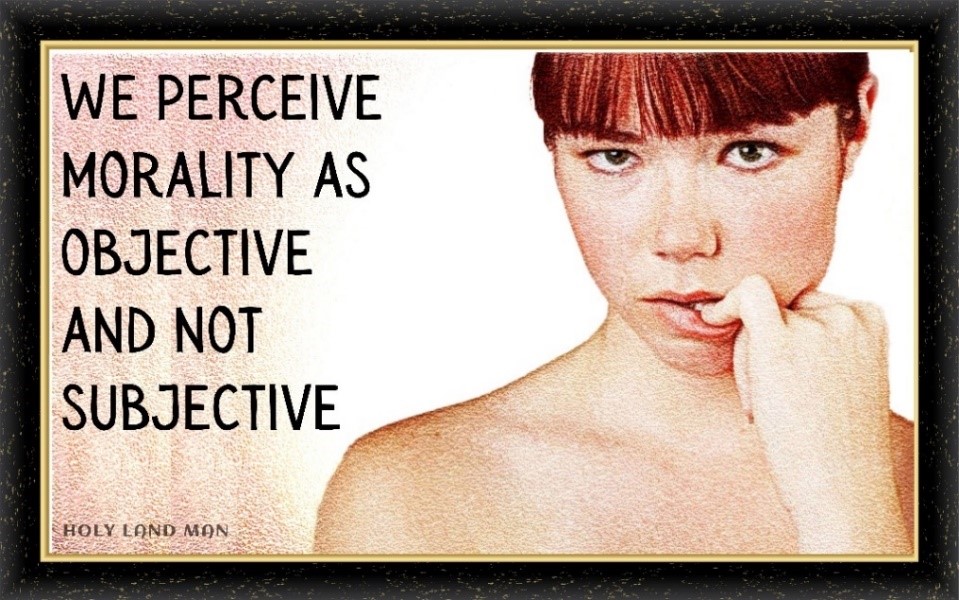A careful examination of those moral intuitions leads to the conclusion that we perceive morality not as a subjective emotion but as an objective, absolute, and binding reality. If morality was a purely emotional and subjective matter, there would be no room for moral controversy. Just as taste and smell should not be argued, there is nothing to argue about personal feelings that reflect only the person’s feelings.
And if morality is subjective, there is also no room for criticizing people or companies who behave differently from us – for they are not really wrong or bad, but simply have different preferences. Yet although many outwardly claim that morality is indeed relative and not absolute, very few actually believe it. Most people feel deep down that groups like the Nazis and ISIS are utterly wicked people with blatantly corrupt morals, and not just “different from us.” Not only do we feel that way, but as mentioned, we are prepared to go to war against such figures and force them to change their behavior. All this because we tend to perceive morality as an objective reality. Of course, it can be argued that the fact that we feel that morality is objective, and binding does not prove that it really is.
It is possible that our moral intuitions are a feeling that has evolved in us for evolutionary reasons, and although they make us feel that morality is absolute, it is only an illusion: there is no objective and absolute morality, but only gut feelings and desires that we project onto reality.
This approach is called the moral error theory because all talk of morality or moral laws is wrong because such things do not exist.


